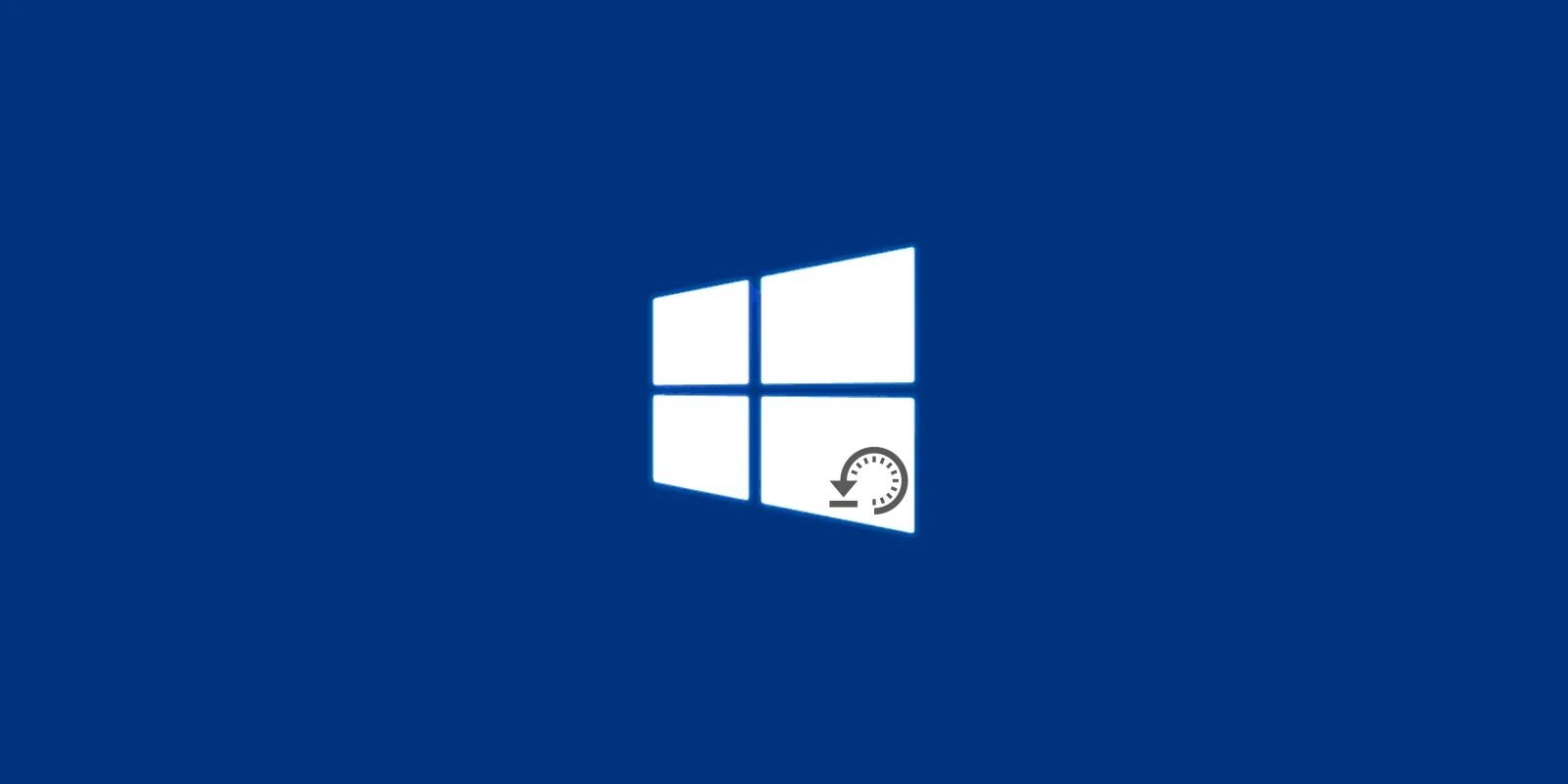The Known Issue Rollback is a new feature of the Windows 10 operating system designed as a quick response tool if something goes wrong in an update.
We all know the problems that arise when installing regular updates or feature updates in Windows. Some updates cause startup problems or crashes data, while others may present less severely issues.

Most problems do not affect all Windows systems, and some updates need to be removed until a fix is released by Microsoft.
Until now, it was necessary to install another one information to fix a problem or uninstall the update that introduced it.
The Known Issue Rollback was designed as a quick and less annoying alternative. Microsoft reports that approximately 80% of all fixes for Windows 10 version 2004 or later already include Known Issue Rollback. This feature is for security patches only.
The company explains that the updates save the code when the Known Issue Rollback is used and because it is "usually more vulnerable or more exploitable", the feature is not currently used in security fixes.
Microsoft he describes the purpose of the Known Issue Rollback with the following:
“Known Issue Rollback is a major Windows improvement for the support bug fixes of non-security updates, allowing us to quickly roll back a single, targeted fix to a previously existing behavior if a bug is discovered.
The main idea is simple: are given IDs in individual updates and are turned off if they cause problems. A single Windows update may contain several bug fixes, and some or all of them may be supported by Known Issue Rollback.
The changes are applied automatically by the user and work immediately after the next reboot, without uninstalling the update or installing another patch.





